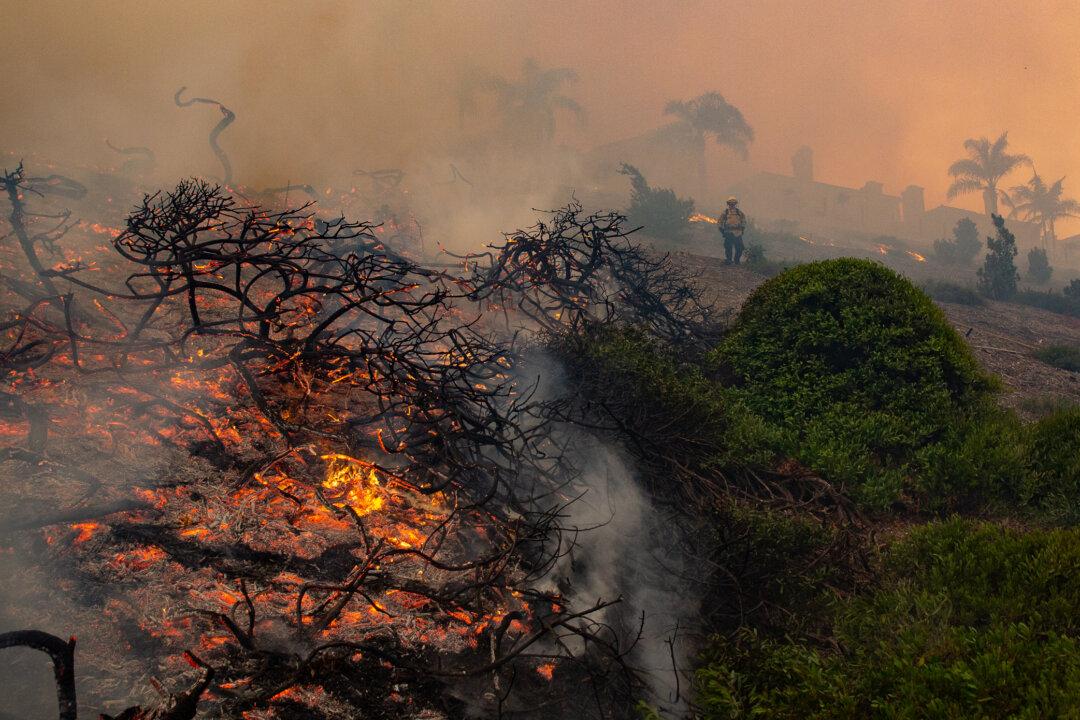California homeowners could see discounts on their insurance policies under a proposed bill, which recently cleared the Senate floor on a 29 to 8 vote.
Authored by Sen. Josh Becker in February, Senate Bill 1060 looks to expand the list of acceptable fire mitigation protections that state insurers must offer discounts for when writing new policies.





